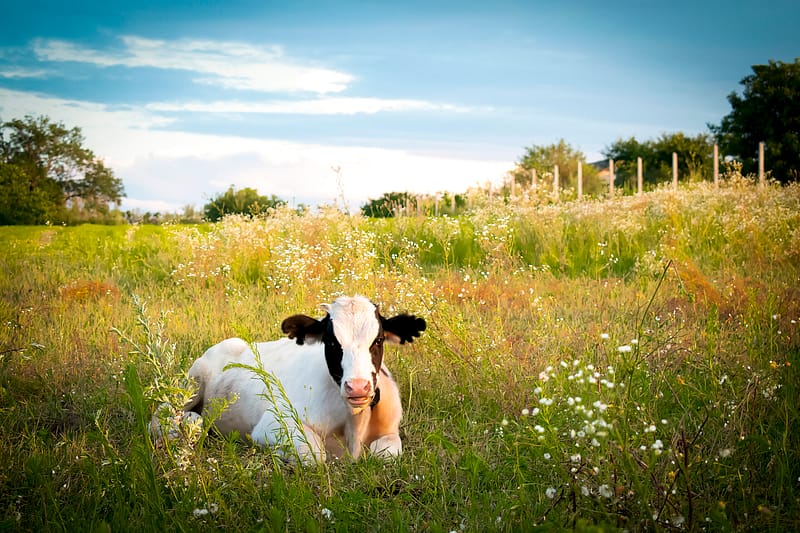
Understanding Heat Stress and Its Impact on Dairy Cattle
Dairy cows are most comfortable in temperatures ranging from 25°F to 65°F. When temperatures rise above 68°F, cows begin to experience heat stress. Heat stress in dairy cattle can lead to decreased milk production, reduced feed intake, and impaired reproductive performance. As temperatures climb into the 80s and 90s, the effects of heat stress become more pronounced, potentially leading to systemic acidosis and significant metabolic disruptions.
Heat stress in dairy cattle causes them to eat less, leading to a negative energy balance and weight loss. Additionally, the stress can disrupt rumen function, resulting in subacute rumen acidosis (SARA), which further compromises digestion and overall health.
The Role of P-One™ in Combating Heat Stress in Dairy Cattle.
P-One™, developed by Priority IAC, is designed to support digestive health and maintain rumen pH balance in dairy cattle. It contains a unique blend of Smartbacteria strains, including Pediococcus pentosaceus A4000h™, Lactococcus lactis A2020™, and Propionibacterium jensenii Prop1-IAC™, which work together to optimize carbohydrate metabolism and stabilize the rumen environment.
By enhancing fiber breakdown and lactic acid utilization, P-One™ helps prevent acidosis and supports a healthy gastrointestinal tract. This is particularly beneficial during periods of heat stress, as it encourages consistent feed intake and helps cows maintain energy levels.
For optimal results during hot and humid conditions, it’s recommended to feed .06 pounds (approximately 23 grams) of P-One™ per cow per day. This dosage supports cows in maintaining feed intake and recovering more quickly when temperatures subside.
Microbiology Nutrition: A Nutrient-Dense Approach
Microbiology Nutrition focuses on formulating rations that are dense in nutrients, allowing cows to meet their dietary needs with smaller feed volumes. This approach reduces the physical burden of eating large quantities of feed, which is especially advantageous during heat stress when cows naturally reduce their intake.
Benefits of a nutrient-dense ration include:
By combining Microbiology Nutrition rations with P-One™, farmers can better support their herds through the challenges of summer heat.
Implementing Effective Heat Stress Management
While nutritional strategies are crucial, they should be complemented with management practices aimed at keeping cows cool:
By integrating these practices with the use of P-One™ and nutrient-dense feeding strategies, dairy producers can mitigate the adverse effects of heat stress in dairy cattle, maintaining herd health and productivity throughout the summer months.
For more information on P-One™ and other livestock supplements, visit Priority IAC.
3504 County Road CR., Manitowoc, WI 54220
1-888-444-2030 | 920-682-0264 | Fax: 920-273-6049
The Smartbacteria & Nutrition Company™
The Smartbacteria & Nutrition Company™
3504 Country Road CR., Manitowoc, WI 54220
1-888-444-2030 | 920-682-0264 | Fax: 920-682-1155